Home>Ideas and Tips>Natural Bed Bug Remedies: Fact Vs. Fiction
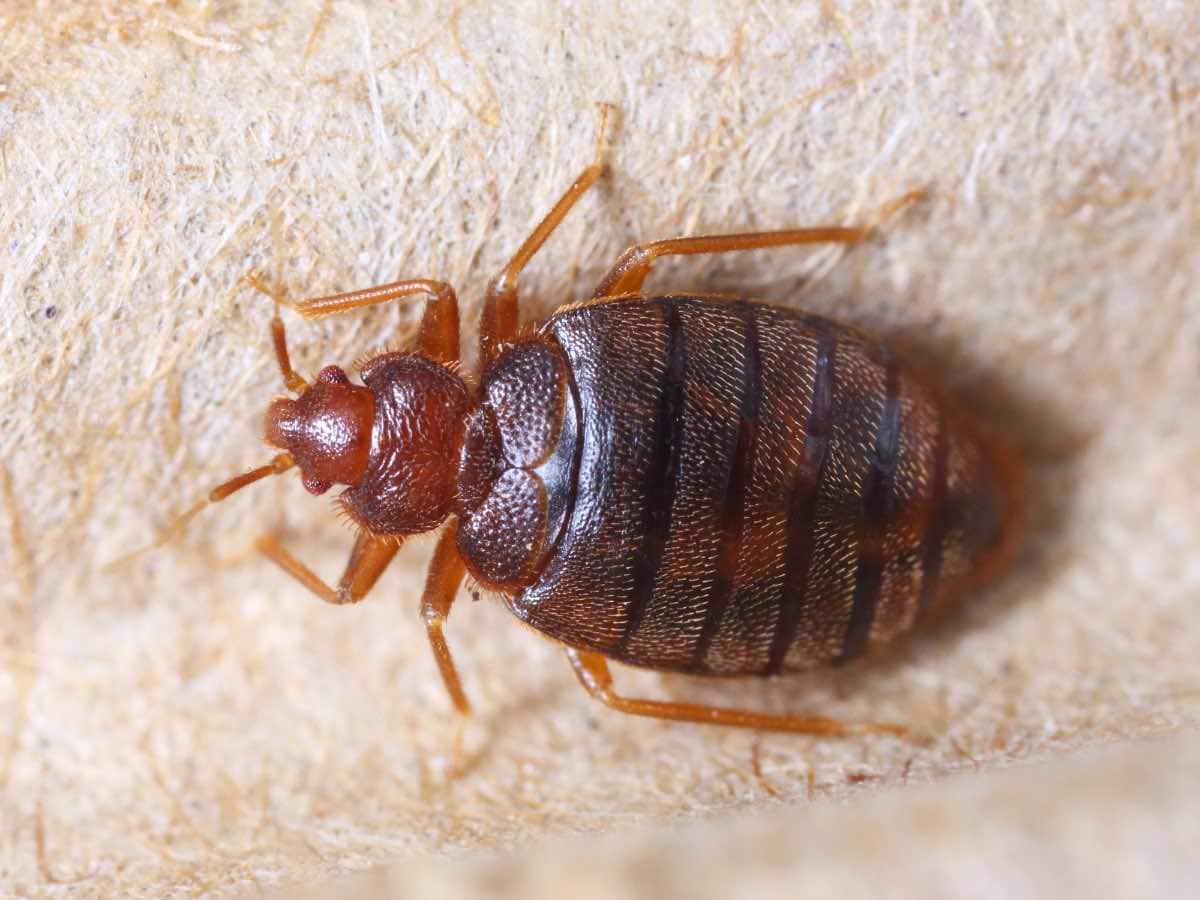

Ideas and Tips
Natural Bed Bug Remedies: Fact Vs. Fiction
Published: October 27, 2024
Discover effective natural bed bug remedies and debunk common myths. Learn what works and what doesn't to keep your home bed bug-free.
(Many of the links in this article redirect to a specific reviewed product. Your purchase of these products through affiliate links helps to generate commission for Storables.com, at no extra cost. Learn more)
Bed bugs have long been a source of frustration and discomfort for homeowners. These tiny, blood-sucking insects can infest even the cleanest of homes, leaving behind itchy welts and a sense of unease. While traditional chemical treatments are often effective, they come with risks and can sometimes fail due to the increasing resistance of bed bugs to pesticides. In this article, we will delve into the world of natural bed bug remedies, separating fact from fiction to help you make informed decisions about how to tackle these pests.
Myth vs. Reality: Understanding Bed Bugs
Before we dive into the various remedies, it's essential to understand the nature of bed bugs. Contrary to popular belief, bed bugs are not attracted to dirt and grime but rather to warmth, blood, and carbon dioxide. They are obligate blood feeders, meaning they cannot develop without feeding on blood. This understanding is crucial because it helps us focus on strategies that target their feeding habits and hiding spots.
Myth: Bed Bugs Live in Dirty Places
Reality: Bed bugs are not attracted to dirt and grime; they are attracted to warmth, blood, and carbon dioxide. However, clutter offers more hiding spots.
Read more: How To Naturally Eliminate Bed Bugs
Natural Remedies: What Works and What Doesn't
Diatomaceous Earth
Diatomaceous earth (DE) is a popular natural remedy for bed bugs. This non-toxic, powdery substance is made from the fossilized remains of tiny aquatic organisms called diatoms. When applied to surfaces, DE dehydrates bed bugs by absorbing the waxy coating on their exoskeletons, leading to their death. However, it is crucial to note that DE must be used in conjunction with other treatments like heat to be effective. Sprinkling DE lightly but thoroughly into cracks and crevices where bed bugs hide is a good starting point.
Vinegar
Vinegar is another natural remedy that has shown promise in combating bed bugs. Its high acetic acid content can compromise the nervous systems of bed bugs and destroy their eggs. However, using vinegar alone is not a final solution to eliminate an infestation. The strong odor of vinegar can repel bed bugs but may not completely eliminate them from your home.
Boric Acid
Boric acid has been suggested as a natural remedy for bed bugs due to its ability to kill insects. However, its effectiveness against bed bugs is limited because they do not groom themselves, which is how boric acid is typically ingested by other insects. A study at North Carolina State University found that 80% of bed bugs that ate boric acid died within a week, but using boric acid dust had little impact on bed bug populations. Therefore, boric acid should be paired with other more comprehensive bed bug control methods.
Heat Treatment
Heat treatment is one of the most effective methods for killing bed bugs. By heating a room to 130 degrees Fahrenheit and maintaining that temperature for three hours, you can ensure that all bed bugs and their eggs are eliminated. However, this method is costly and best suited for smaller spaces like hotel rooms or individual rooms in a home. In larger homes or old properties, it can be challenging to bring all areas up to the correct temperature.
Solar Heat Treatment
For those who prefer a less energy-intensive alternative, solar heat treatment is an option. This method involves placing items like clothing, bedding, or small pieces of furniture into a black plastic bag and sealing it tightly. The internal temperature should reach at least 115 degrees Fahrenheit to ensure that bed bugs die. This method works well in warmer climates or during sunny weather.
Biopesticides: A New Frontier
Recent research has shown promise in the development of biopesticides that target bed bugs. A team of researchers at Penn State University has developed a naturally derived pesticide using Beauveria bassiana, a fungus that causes disease in insects but is harmless to humans. This biopesticide works by infecting bed bugs when they come into contact with it. The fungus spores are picked up by bed bugs as they move across treated surfaces, and within 20 hours of exposure, the spores germinate and colonize the body. This method requires only a small percentage of the population to be exposed to achieve nearly 100 percent infection.
DIY Treatments: What Not to Try
While many natural remedies are touted as effective solutions for bed bugs, not all of them are backed by scientific evidence. Here are some DIY treatments that are often recommended but have little to no effect:
Baking Soda
Sprinkling baking soda on your mattress and then vacuuming it up is a common DIY remedy for bed bugs. However, there is no research to support this claim, and it is ultimately a myth.
Salt
Salt is another common household item that is often suggested as a bed bug remedy. However, it does not kill bed bugs because their exoskeleton prevents salt from drying them out.
Baby Powder
Baby powder has been suggested as a way to repel bed bugs due to its ability to absorb moisture. However, it does not kill bed bugs and is merely a myth.
Bug Bombs
Bug bombs or aerosol foggers are often recommended for their ease of use. However, they are ineffective against bed bugs because these pests are well-protected in deep recesses where the chemical cannot penetrate.
Professional Help: When DIY Methods Fail
While natural remedies can be effective in certain situations, they may not always be enough to completely eliminate an infestation. In such cases, professional help is often necessary. Pest control professionals can use a variety of techniques including heat treatment, chemical pesticides (used judiciously due to resistance issues), and biopesticides to ensure that all bed bugs are eliminated.
Read more: What Are Bed Bugs
Conclusion
Bed bugs are a persistent problem that requires a multifaceted approach to solve. While natural remedies like diatomaceous earth, vinegar, and biopesticides offer promising solutions, it's crucial to separate fact from fiction when considering these methods. Heat treatment remains one of the most effective methods but is costly and best suited for smaller spaces. DIY treatments like baking soda and salt are myths with no scientific backing. Professional help should be sought when DIY methods fail or when dealing with severe infestations.
By understanding the nature of bed bugs and using a combination of natural remedies and professional treatments, you can effectively manage and eliminate these pests from your home. Remember that bed bugs are not a sign of poor hygiene but rather a common pest that requires careful attention and strategic treatment.
Additional Tips for Bed Bug Control
-
Inspect Your Home: Regularly inspect your home for signs of bed bugs, especially in areas where they are most likely to hide such as behind baseboards, in furniture cracks, and under carpeting.
-
Clean and Declutter: Keep your home clean and decluttered to reduce hiding spots for bed bugs. This includes washing bedding regularly and drying it on high heat.
-
Use Mattress Covers: Use mattress covers to protect your mattress from bed bugs. These covers can be treated with natural remedies like diatomaceous earth.
-
Monitor for Signs: Monitor for signs of bed bugs such as small red welts on skin, bloodstains on sheets, and live bugs in cracks and crevices.
-
Seek Professional Help: If you suspect an infestation, seek professional help immediately. Pest control professionals can provide effective treatments tailored to your specific situation.
By following these tips and understanding the various natural remedies available, you can effectively manage bed bugs and reclaim your home from these unwanted pests.
Was this page helpful?
At Storables.com, we guarantee accurate and reliable information. Our content, validated by Expert Board Contributors, is crafted following stringent Editorial Policies. We're committed to providing you with well-researched, expert-backed insights for all your informational needs.
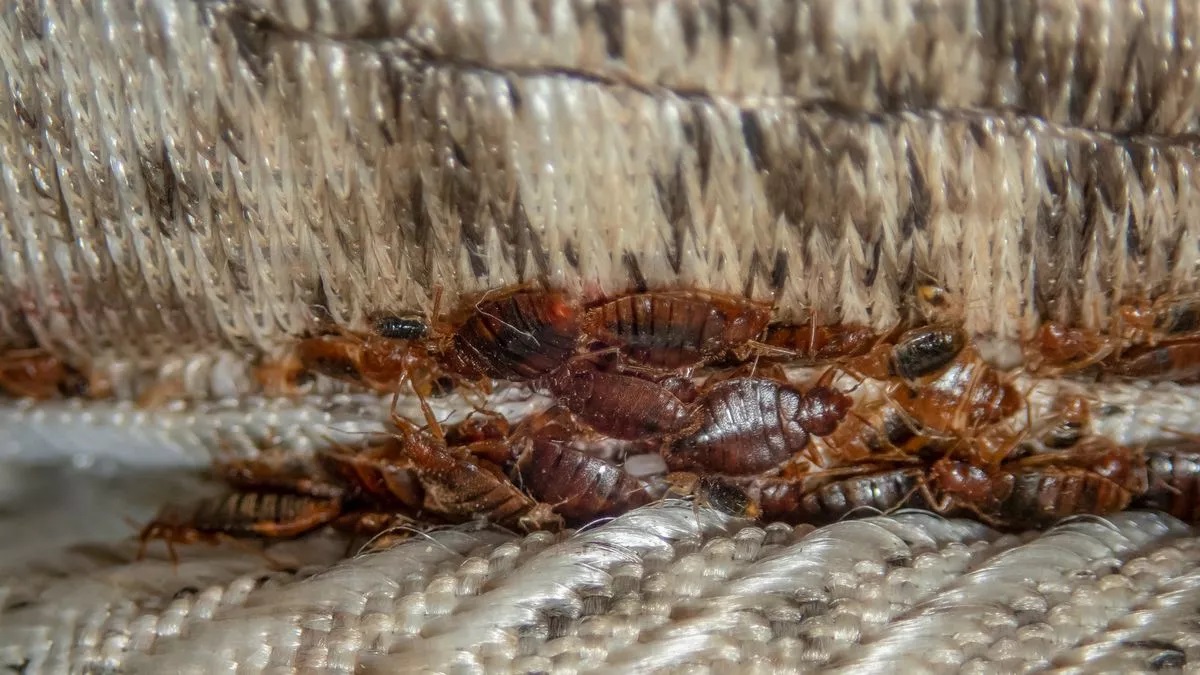
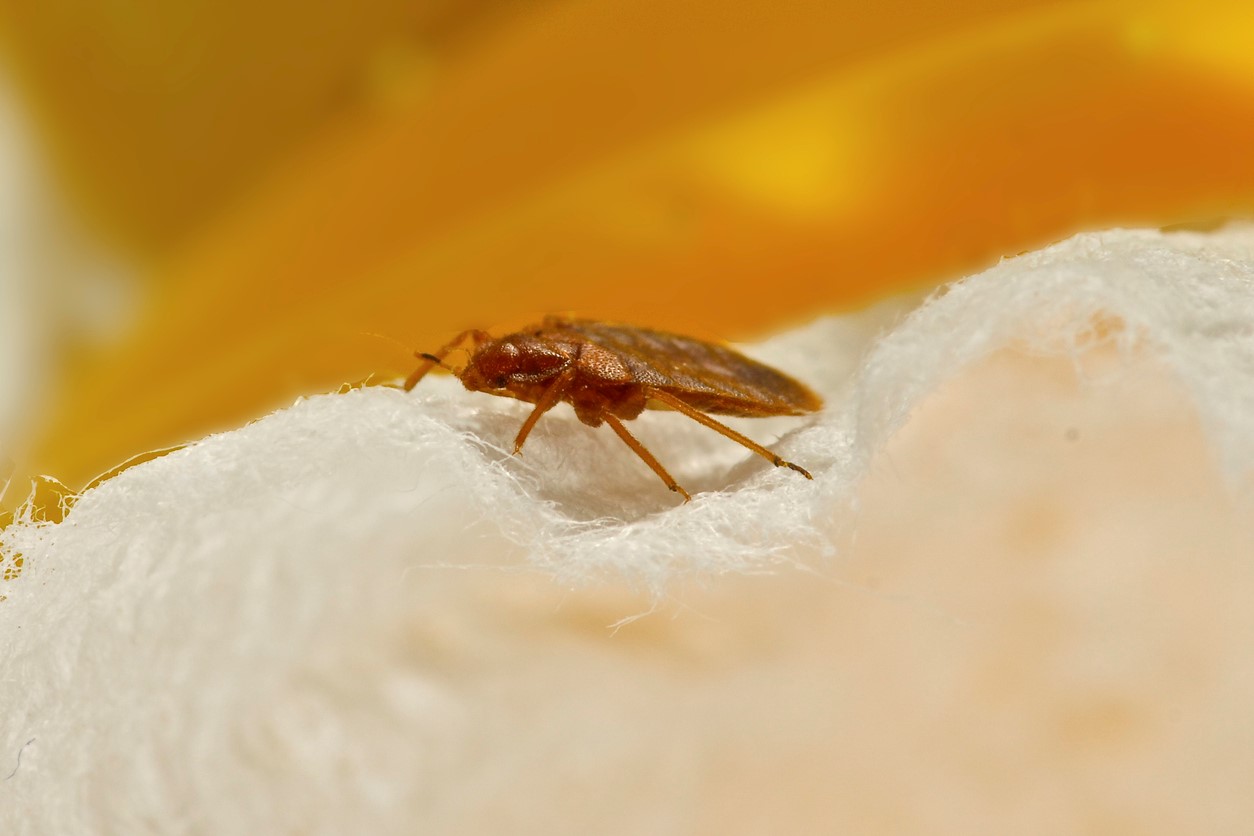
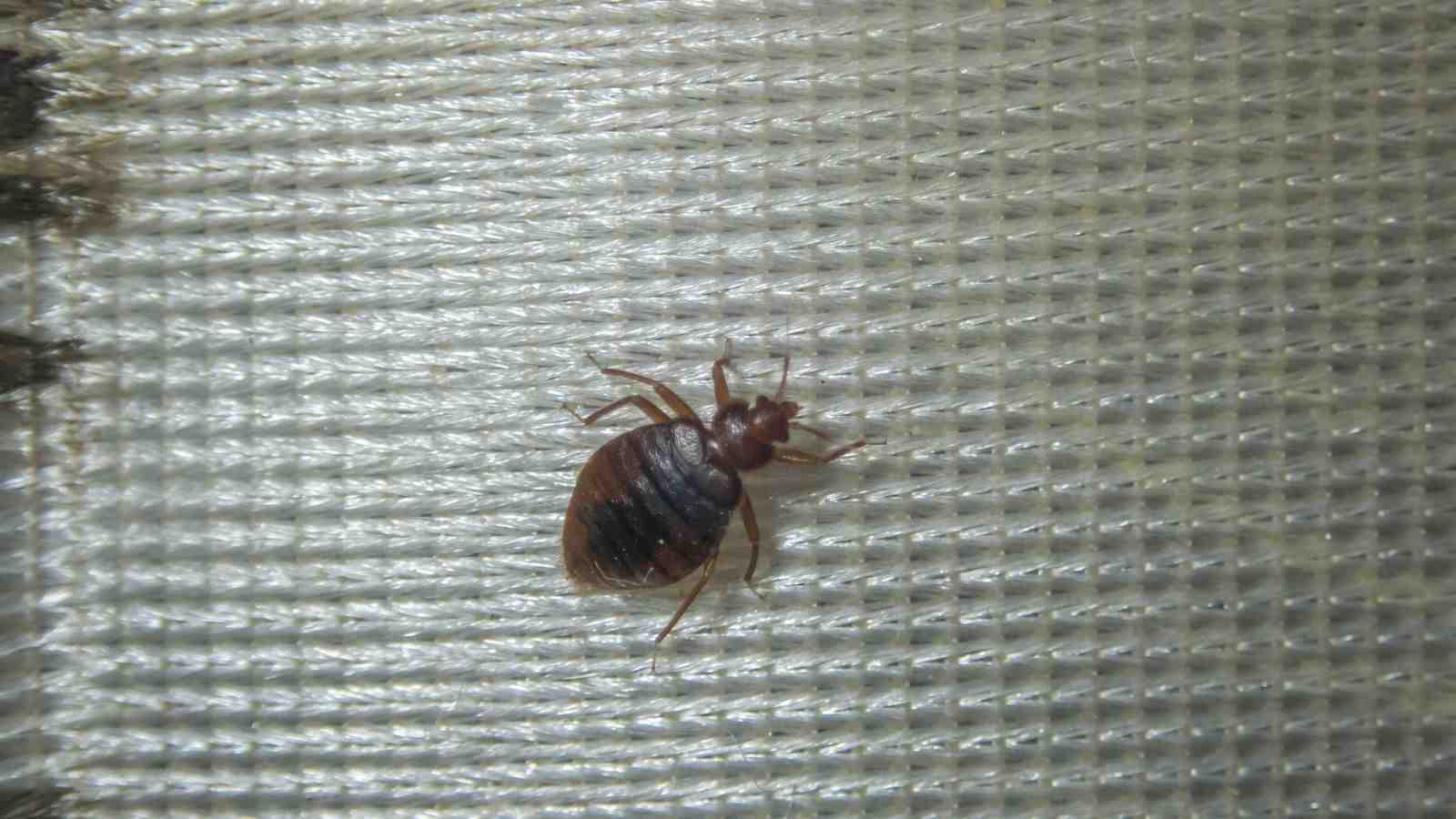
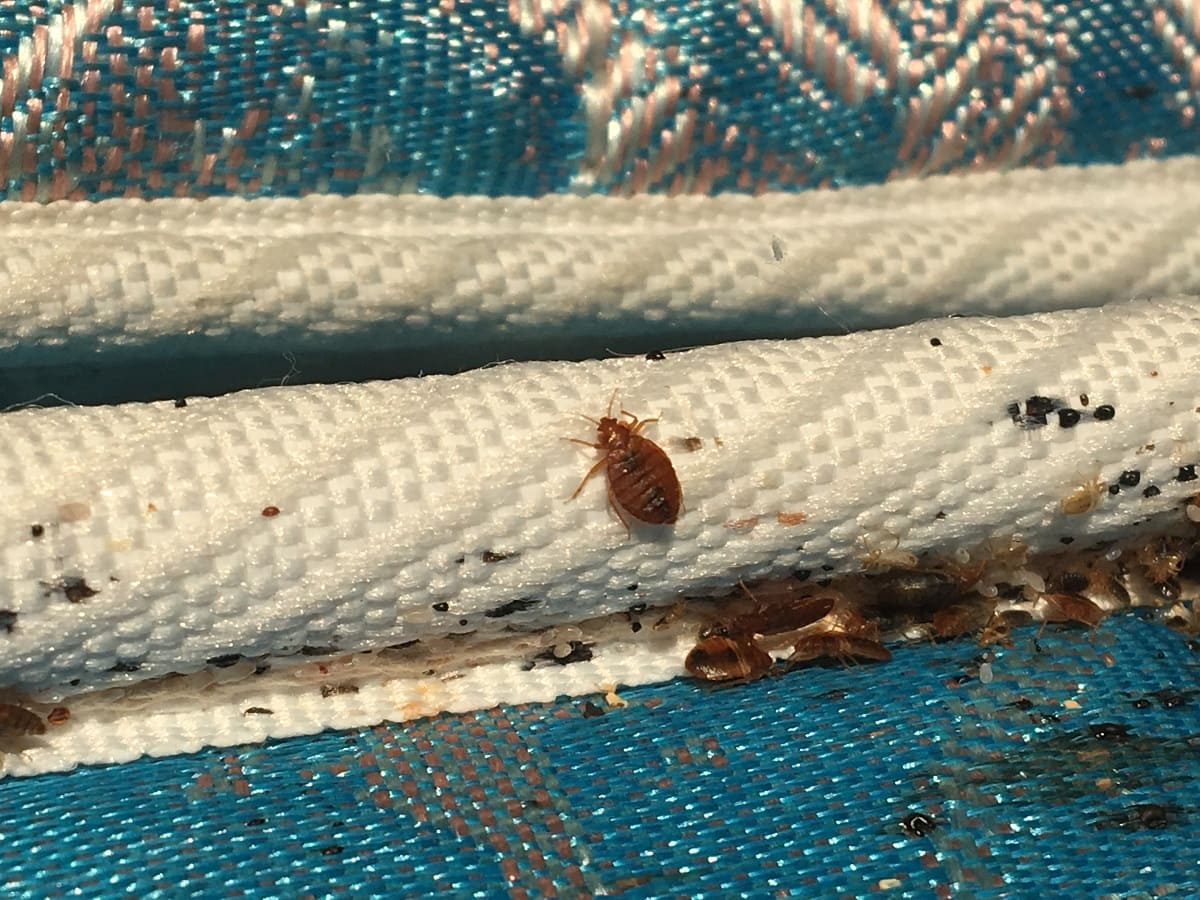
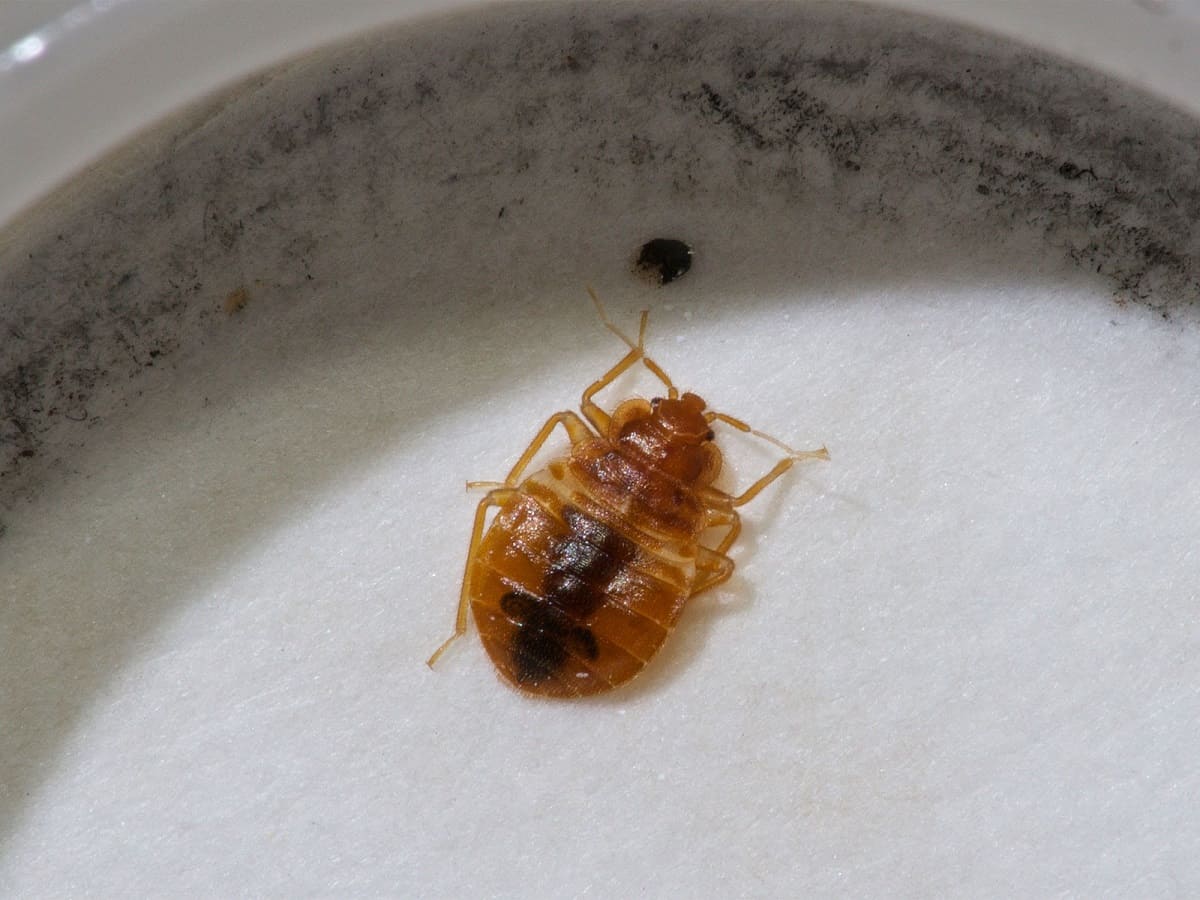
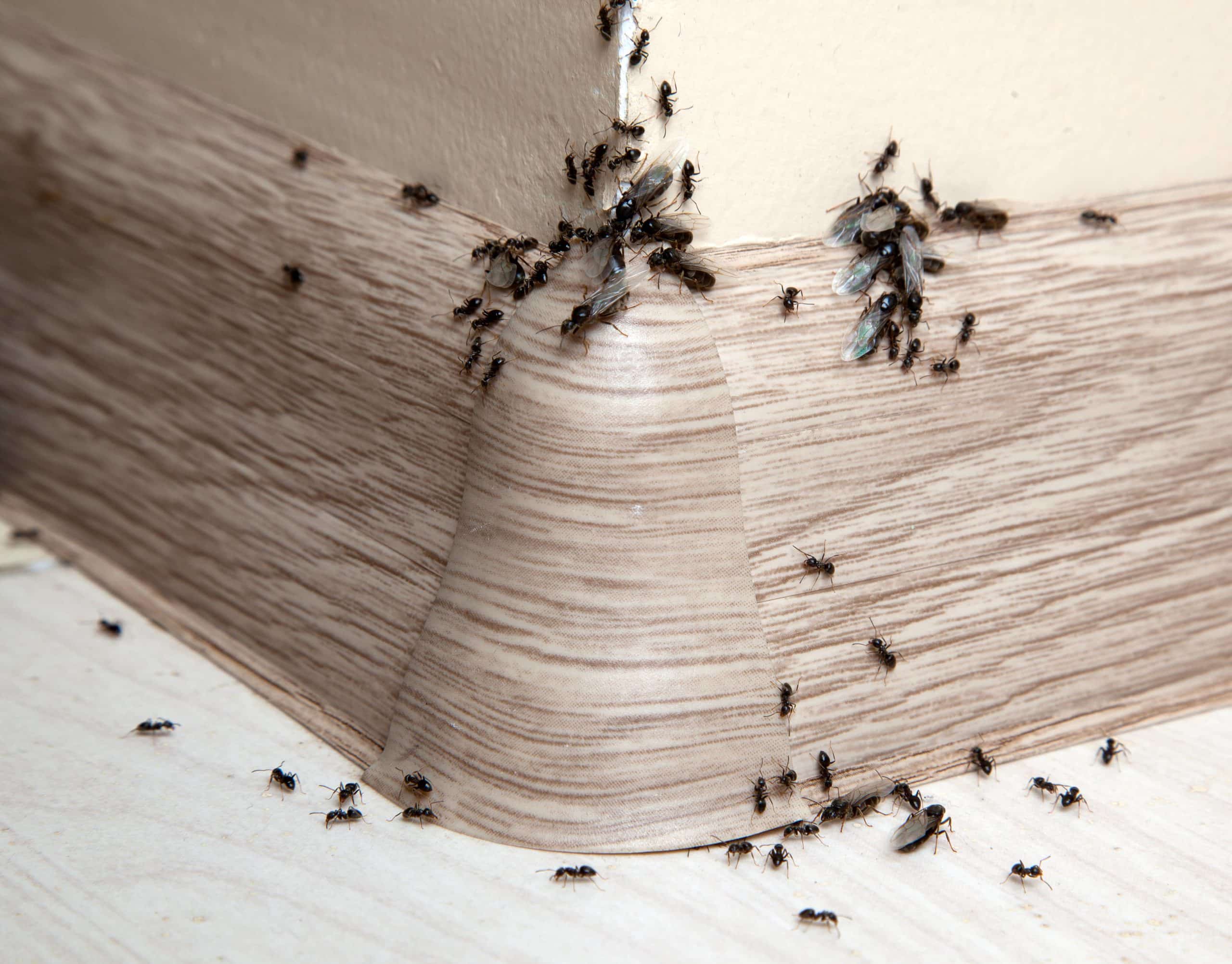
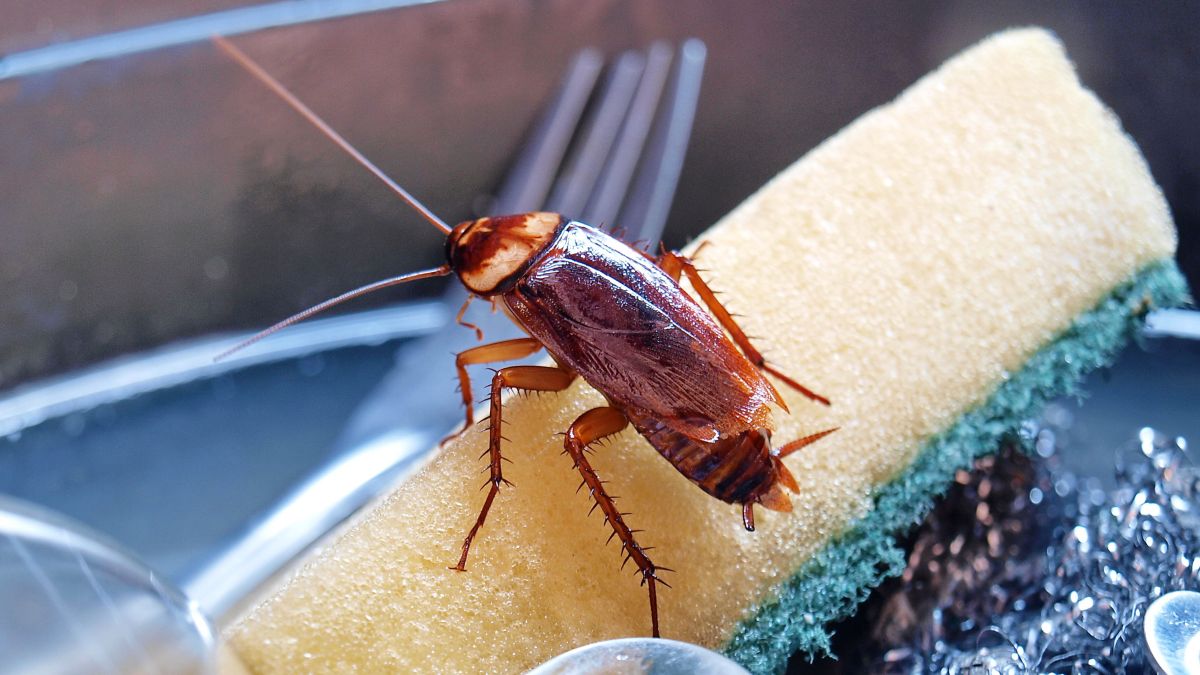
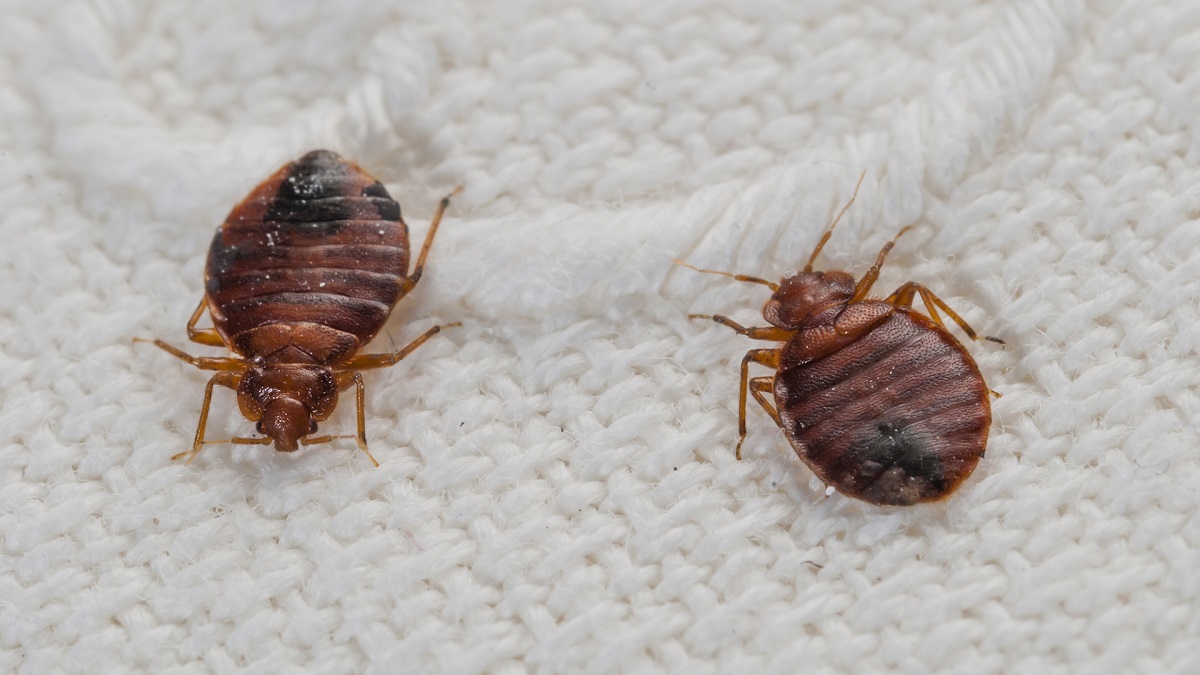
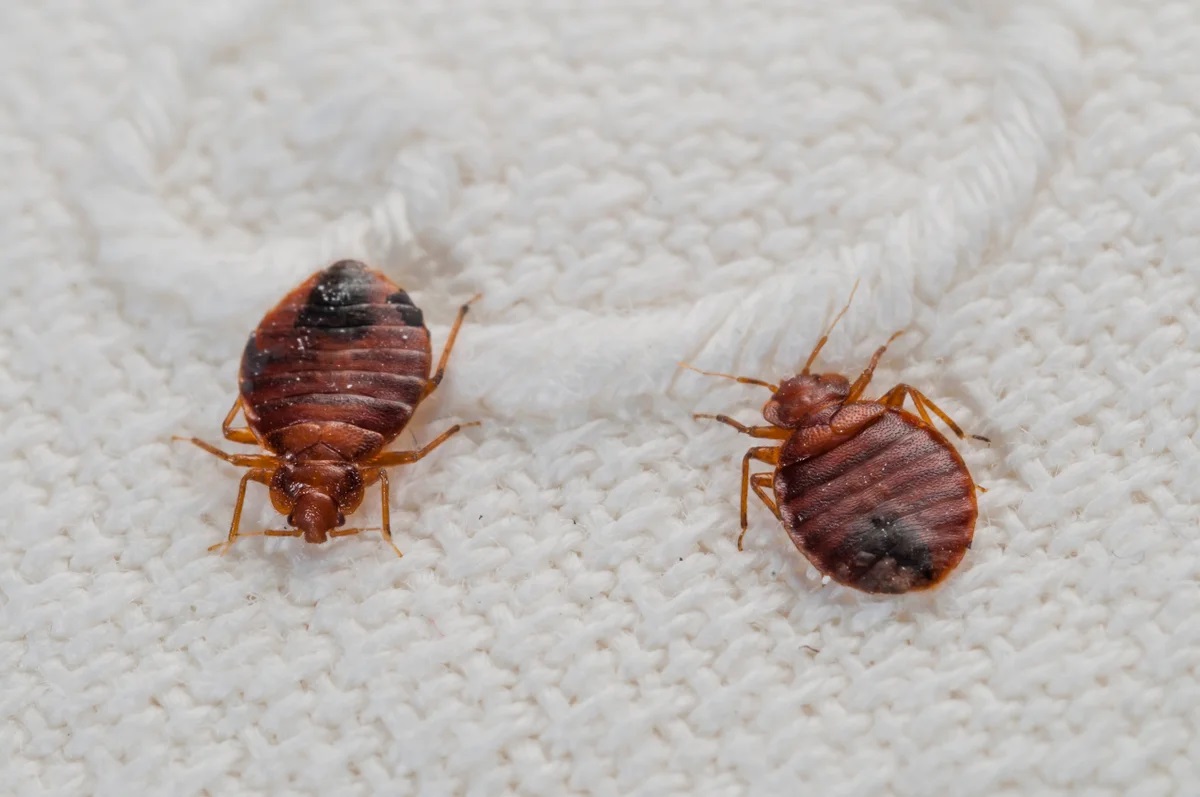
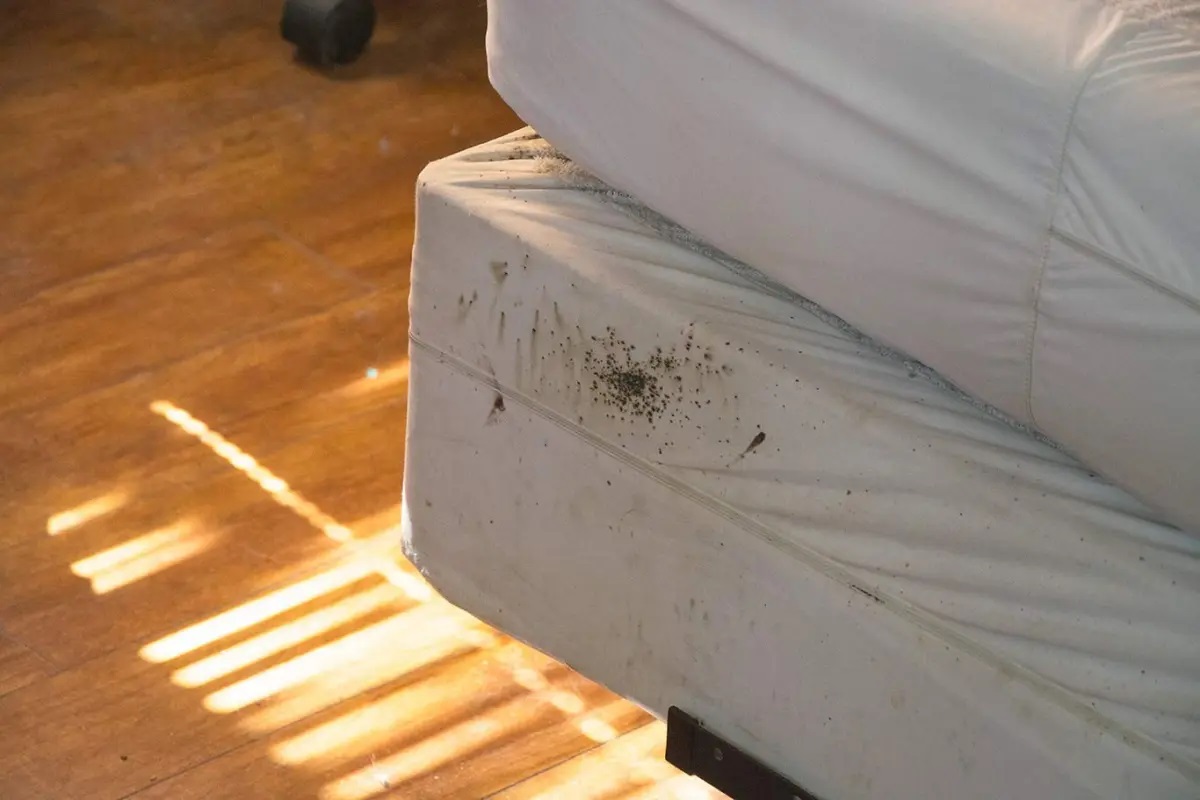
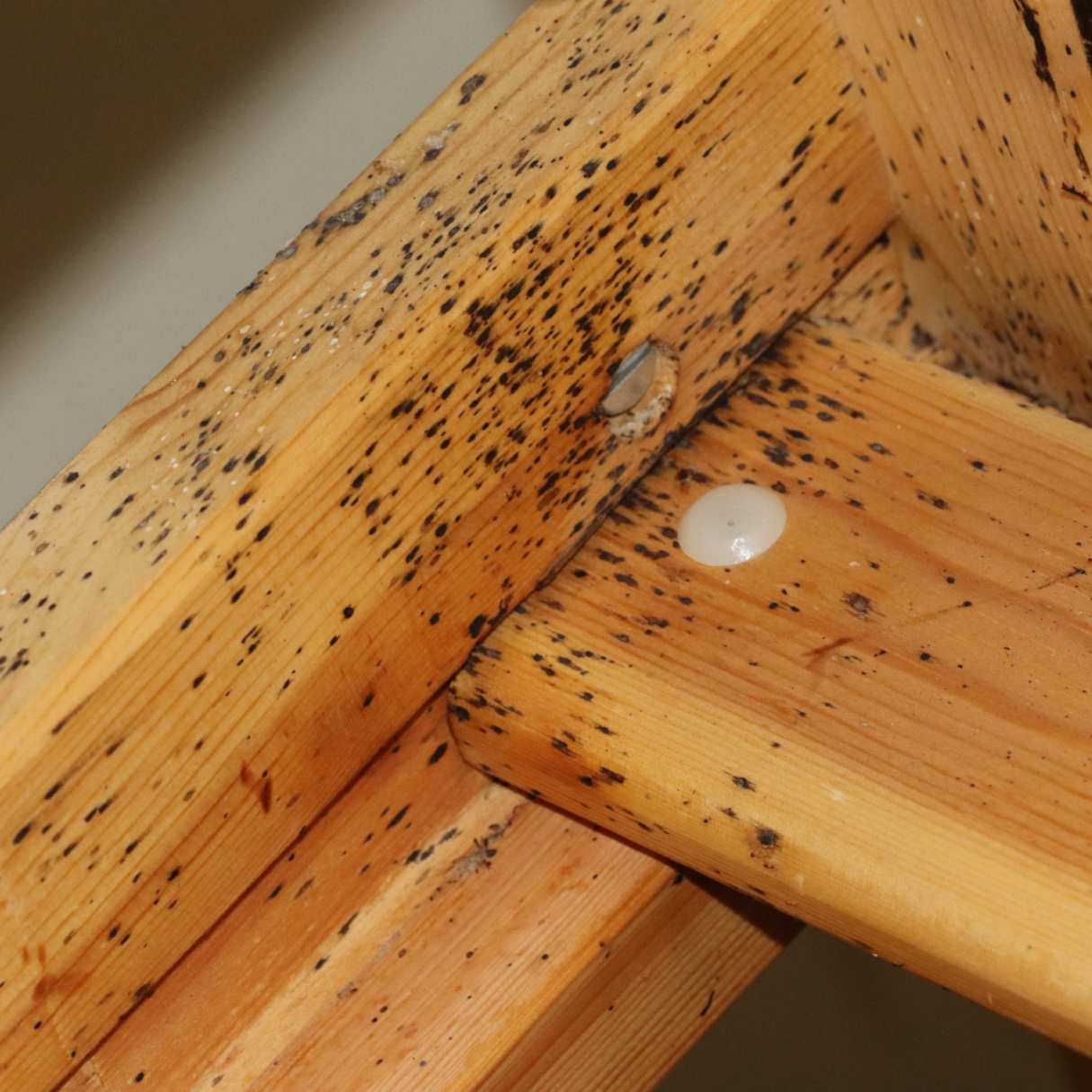
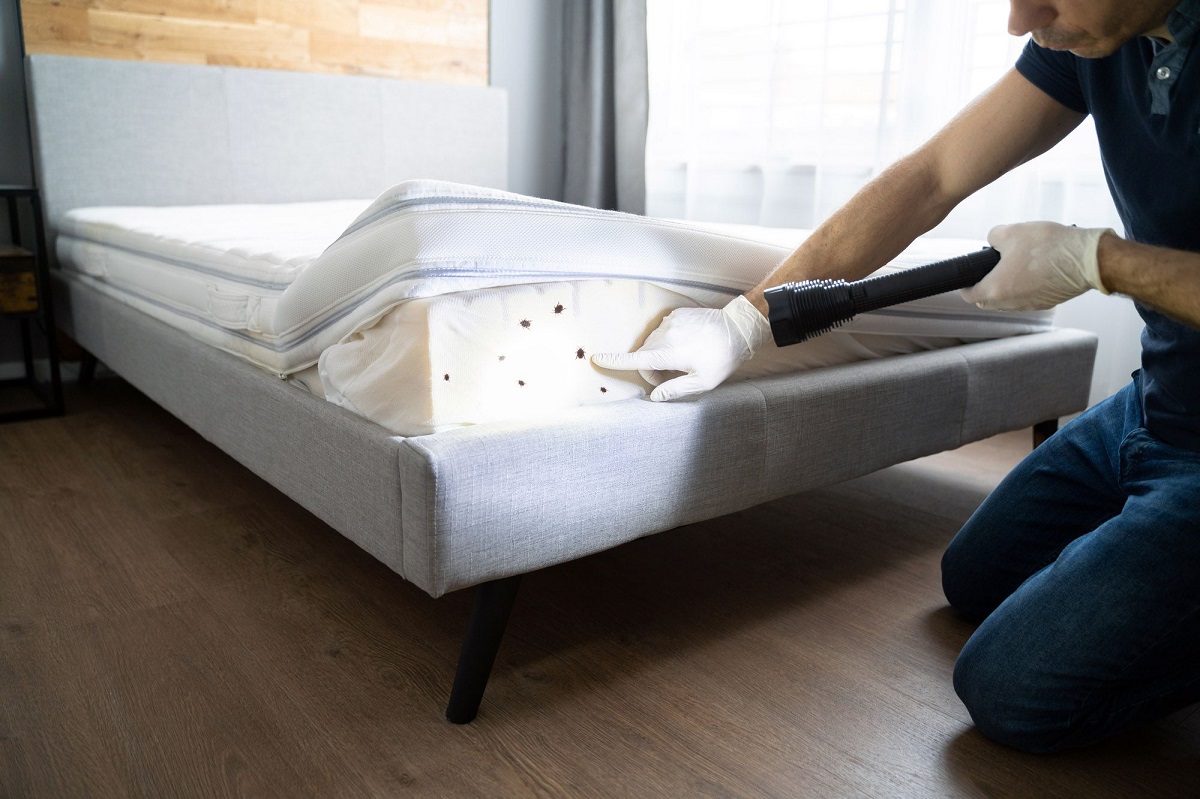
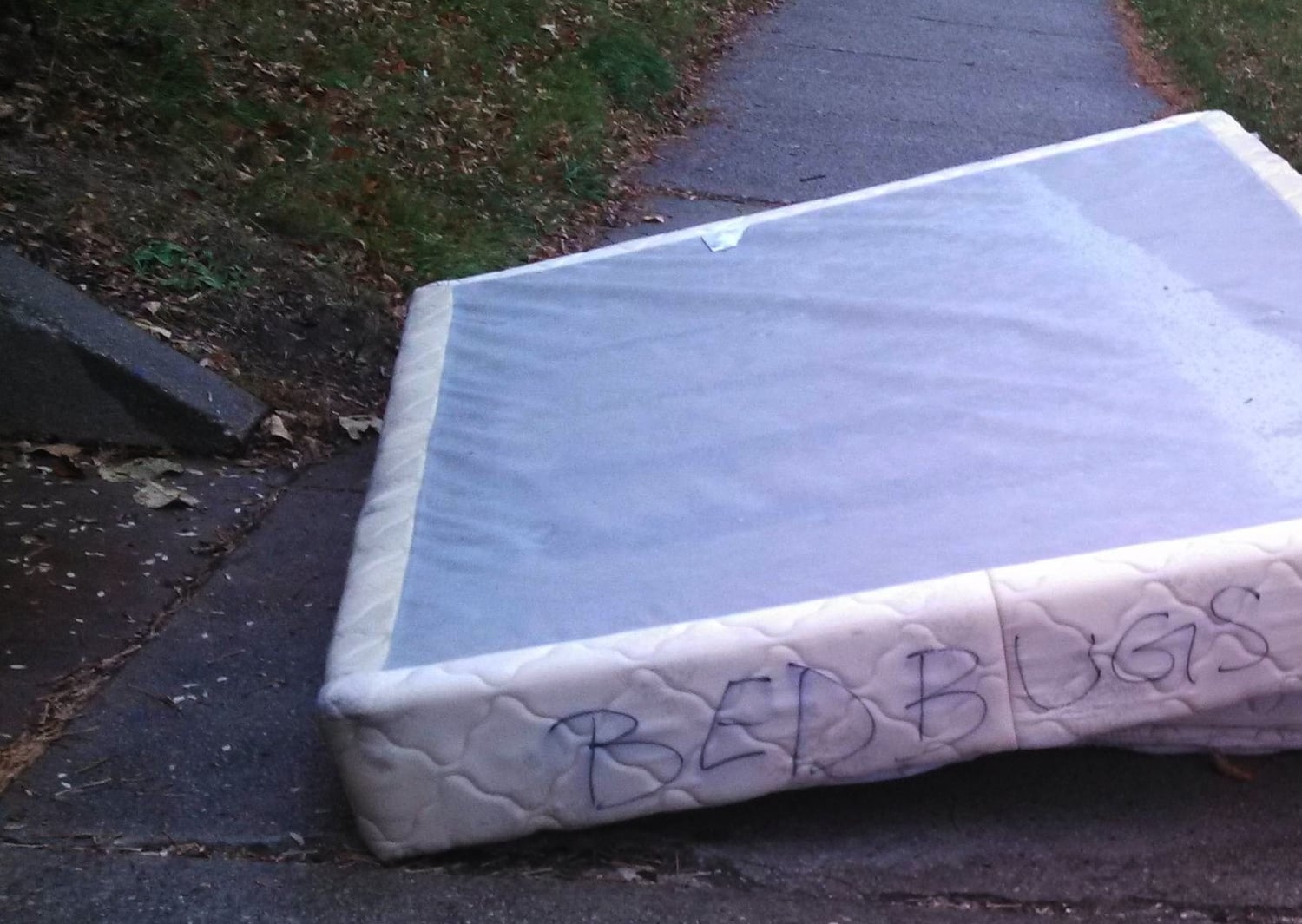
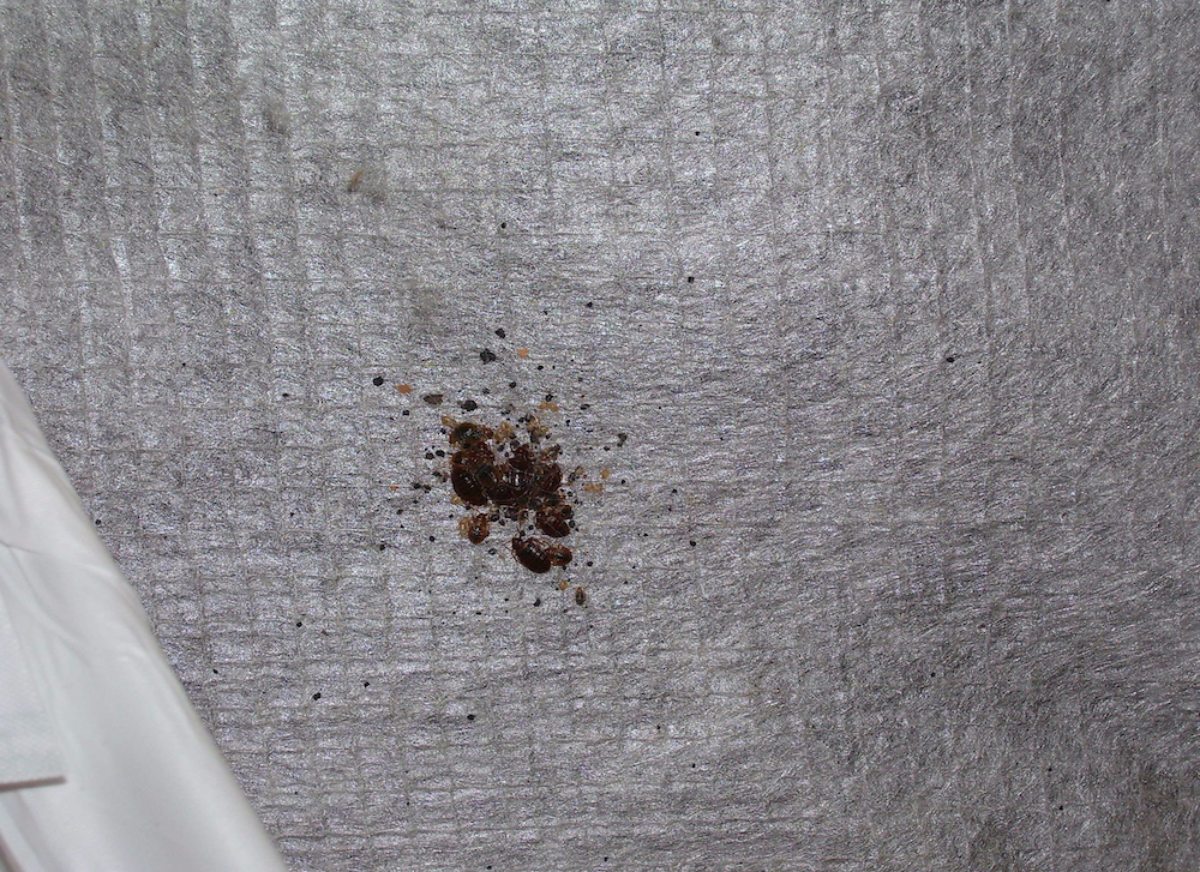

0 thoughts on “Natural Bed Bug Remedies: Fact Vs. Fiction”